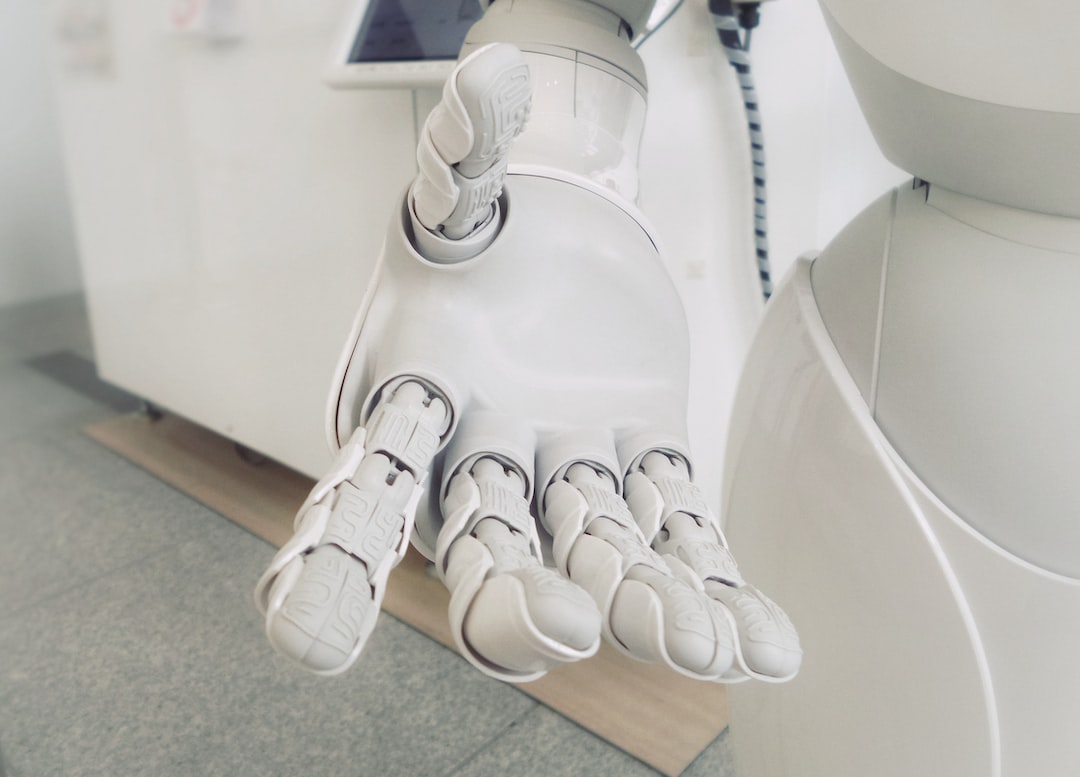The Future of Healthcare with AI: A Glimpse into Medical Robots
With the advancement of technology, the healthcare industry is undergoing a transformation like never before. AI or Artificial Intelligence is one of the key technological innovations that are changing the pace, accuracy, and quality of healthcare service delivery. Medical robots, a product of AI technology, are one of the unique innovations that have the potential to revolutionize the healthcare industry. In this blog post, we’ll explore the latest advances in medical robots and how they could transform healthcare in the near future.
What are Medical Robots?
Medical robots are specialized designs of robots that assist medical professionals in performing complex medical procedures. They are designed to reduce the workload of the surgeon and provide them with more accurate and precise results during a surgery. Medical robots come in different shapes and sizes, and their designs vary from one procedure to another to meet the specific needs of the medical procedure.
Types of Medical Robots
There are several types of medical robots, each designed for different tasks in the healthcare industry. Below are the most commonly used types of medical robots.
- Surgical Robots: These robots are designed to perform the most complex surgical procedures with 100% accuracy. Surgeons can operate them through a computer console, which allows the robot to make precise movements, even in hard-to-reach areas of the human body.
- Therapeutic Robots: These are robotic devices that provide physical therapy to patients. They are programmed to help patients recover from injuries or surgeries and improve their mobility.
- Medical Imaging Robots: These robots are designed to produce detailed images of the internal organs of a patient’s body. These images are used in the diagnosis and treatment of medical conditions.
- Pharmacy Robots: These robots are used in the storage, dispensing, and distribution of medication in hospitals and pharmacies. They are designed to increase efficiency, reduce errors, and save time for healthcare professionals.
Benefits of Medical Robots
Medical robots come with several benefits that are transforming the healthcare industry. Below are some of the main benefits of medical robots
- Accuracy: Medical robots can perform procedures with high precision and accuracy that surpasses human capability. This precision significantly reduces the risk of complications and the need for follow-up surgery, reducing the overall cost and recovery time for the patient.
- Minimal Invasive Procedures: Medical robots are designed to perform minimally invasive procedures that result in less postoperative pain, minimal scarring, and faster healing times.
- Efficiency: Medical robots reduce the workload of surgeons while increasing their speed and efficiency in performing procedures. With robots performing the routine and repetitive procedures, medical professionals can focus on more demanding tasks.
- Improved Patient Outcomes: Medical robots contribute to improved patient outcomes by reducing the risk of human error, improving accuracy, reducing recovery time, lowering surgical complications, and minimized infection rates.
Ethical Considerations of Medical Robots
As with any emerging technology, there are ethical considerations to consider with the use of medical robots. One of the key ethical issues is the question of who is responsible when a medical robot causes harm to a patient. Since robots lack the empathy and judgement of human beings, a patient may feel like they are interacting with a machine rather than a person. Other ethical considerations include privacy concerns for the patient and the potential for job loss for healthcare professionals.
Future Advancements in Medical Robots
As technology continues to advance, the future of medical robots looks promising. The next generations of medical robots will have more advanced capabilities, such as 3D imaging, haptic feedback, and autonomous decision-making. The integration of AI technology with medical robots will also allow them to detect disease, diagnose conditions, and formulate treatment plans more efficiently. Medical robots will continue to transform the healthcare industry by improving accuracy, reducing recovery times, and increasing efficiency.
Conclusion
The use of medical robots in the healthcare industry is an exciting technological advancement that has the potential to transform the way we approach medical care. With their accuracy, efficiency, and improved patient outcomes, medical robots are changing the way we interact with the healthcare system. However, it is important to consider the ethical implications of these machines and make sure that they are integrated into the system in a responsible and beneficial way that serves both patients and healthcare professionals.
Through medical robots and AI technology, we glimpse a new era of healthcare innovation that holds promise for better health outcomes and increasing efficiency in the healthcare system.
